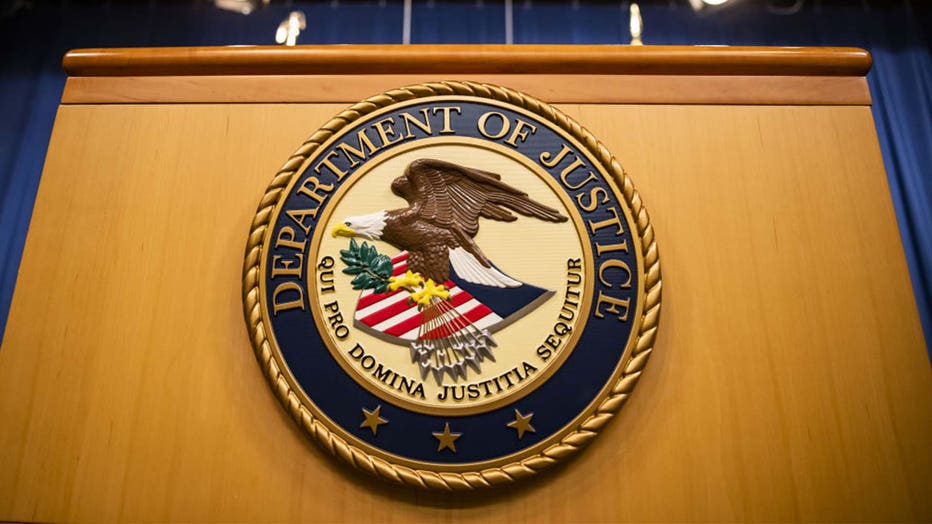Justice Department files emergency motion to stop enforcement of Texas abortion law
WASHINGTON - The Department of Justice filed an emergency motion Tuesday evening to stop Texas from enforcing its recently passed law banning almost all abortions in the state.
"This attempt to shield a plainly unconstitutional law from review cannot stand," the motion reads. "The United States seeks a temporary restraining order or a preliminary injunction enjoining the enforcement of S.B. 8. This relief is necessary to protect the constitutional rights of women in Texas and the sovereign interest of the United States in ensuring that its States respect the terms of the national compact."
"The United States has the authority and responsibility to ensure that Texas cannot insulate itself from judicial review for its constitutional violations and to protect the important federal interests that S.B. 8 impairs. Accordingly, this Court should enjoin enforcement of S.B. 8," the motion continued.
The Texas law, known as SB8, prohibits abortions once medical professionals can detect cardiac activity — usually around six weeks before some women know they’re pregnant. Courts have blocked other states from imposing similar restrictions, but Texas’ law differs significantly because it leaves enforcement to private citizens through civil lawsuits instead of criminal prosecutors.

FILE - The U.S. Department of Justice seal on a podium in Washington, D.C. (Samuel Corum/Bloomberg via Getty Images)
RELATED: Justice Department files lawsuit against Texas over abortion law
The emergency filing comes just a week after the Justice Department announced it would be suing the state of Texas over the new law.
The lawsuit, filed in federal court in Texas on Sept. 9, asked a federal judge to declare that the law is invalid, "to enjoin its enforcement, and to protect the rights that Texas has violated."
"The act is clearly unconstitutional under long-standing Supreme Court precedent," Attorney General Merrick Garland said at a news conference announcing the suit.
Under the Texas law, someone could bring a lawsuit — even if they have no connection to the woman getting an abortion — and could be entitled to at least $10,000 in damages if they prevail in court.
The Texas law is the nation’s biggest curb to abortion since the Supreme Court affirmed in the landmark 1973 decision Roe v. Wade that women have a constitutional right to an abortion.
Abortion providers have said they will comply, but already some of Texas’ roughly two dozen abortion clinics have temporarily stopped offering abortion services altogether. Clinics in neighboring states, meanwhile, have seen a surge in patients from Texas.
The Justice Department argues the law unlawfully infringes on the constitutional rights of women and violates the Supremacy Clause of the Constitution, which says federal law supersedes state law. Federal officials are also concerned other states could enact similar laws that would "deprive their citizens of their constitutional rights," he said.
"It is settled constitutional law that ‘a State may not prohibit any woman from making the ultimate decision to terminate her pregnancy before viability,’" the lawsuit reads. "But Texas has done just that."
The Associated Press contributed to this report.

